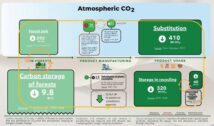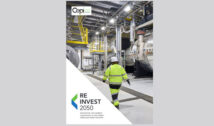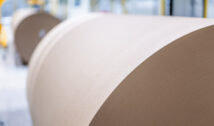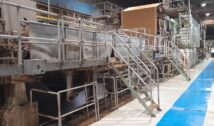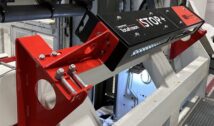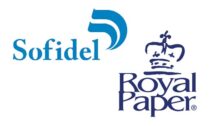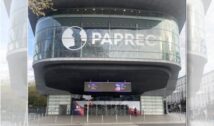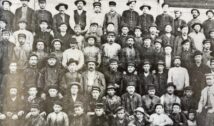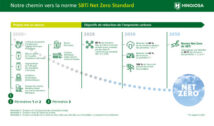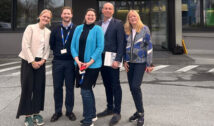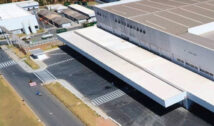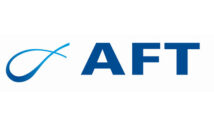
Jean-Luc Petithuguenin, Vice President of BIR, and CEO of the French group Paprec, has just released his quarterly report of the global recovered paper market.
The second half of 2021 has begun by retaining the impetus of the opening six months of the year. The market is performing very well for various reasons and is offering excellent demand.
The European lower-grade market is in a healthy position, supported by packaging and e-commerce. The sales price of reels is set to increase again on August 1. Our industry’s customers are facing a demand never seen before and are struggling to meet the very strong requirement for packaging. Paper mills must choose when accepting orders as they are unable to deliver to everyone.
Mills’ top priority is to receive recovered fibre and they will know how to adapt purchasing prices where necessary to counter large exports. Demand from Asia is strong at high prices but hampered by the lack of availability of containers and vessel space. The situation is gradually improving but freight remains extremely expensive.
If collection were to settle down slightly this summer, pressure could increase on the availability of materials. The market would no doubt be forced to move, especially if Asian demand continues to strengthen pending a return of the Indian market. Turkey is also starting up new machines which will increase the country’s import requirements. For the moment, all lights are on green.
The medium-grade market is also under pressure but the situation for paper manufacturers is different. Newsprint makers are experiencing troubled times: the market is sorely lacking in deinking material, warehouses are empty, collection volumes are no better than average and our industry’s selling prices are rising month after month. The mills cannot pass on these increases in the sales price of their reels. The market is declining and in difficulty, and trade agreements are made during the second half of the year.
In the tissue sector, the situation is a little better. Paper mills have had to raise their prices for certain materials – for example, coloured – because there is a lack in the market. At the same time, however, activity is picking up among customers such as hotels, restaurants and events organizers. The other medium grades are following the same pattern.
The high-grade market is stable for the moment. Collection volumes are average but demand from paper mills has been calm for a few months. Some prefer to produce brown while others are producing a little more than usual with pulp. The market has been waiting for a bullish move for a while and a few shudders suggest that the time has come. To be continued…
2020 was a good year for recovered fibres but 2021 is even better, with encouraging prospects. Demand is expected to remain firm but without a return to pre-COVID collection levels. However, it is still just as difficult to make projections about any commodity market as, even more so in these times of crisis, it can be affected by unforeseen events, a healthcare situation or a regulatory decision.
In terms of good news, new machines continue to be installed within Europe, including France. By 2023, two factories producing test liner will start up after conversion – at Norske Skog in Golbey and at VPK in Alizay.
Importantly in France, end-of-waste status should be adopted shortly for paper and board – a move that hopefully other countries will follow. The decree is set to be sent to the European Commission for registration.
Let us hope that the second half of this year continues with the same momentum; if so, we will perhaps be facing a historic year.


